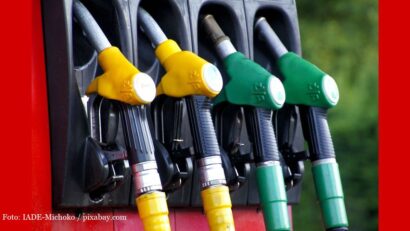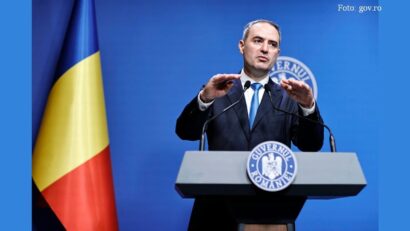Corruption scandal in Chisinau
The former Prime Minister of the Republic of Moldova, Vlad Filat, is in the middle of a corruption scandal which, according to pundits, might destabilise the fragile pro-European ruling coalition.

România Internațional, 19.10.2015, 14:22
The former Prime Minister of the Republic of Moldova Vlad Filat, suspected of acts of corruption, will stay in 30-day pre-trial arrest, according to a ruling by the Chishinau Tribunal. He is accused of influence peddling, involvement in bank fraud and bribe taking. One of Filat’s lawyers says he will contest the ruling at the Court of Appeal, and if the pre-trial arrest stands, they will refer the case to the European Court of Human Rights.
The former Moldovan Prime Minister has also filed a criminal complaint against Ilan Shor, who made false declarations when reporting on him. A businessman and the incumbent mayor of the town of Orhei, Ilan Shor, wrote a self-incriminating report on October 12th, claiming he allegedly offered a 250-million-dollar bribe to the former Prime minister in exchange for some benefits. Vlad Filat was taken into custody on October 15th, based on a warrant issued by the National Anticorruption Centre, shortly after the Moldovan Parliament decided to lift his immunity.
The Prosecutor General of the Republic of Moldova, Corneliu Gurin, called for suspending Filat’s immunity, saying the latter should be investigated for his alleged direct involvement in the mysterious disappearance of one billion dollars from the Moldovan banking system. Filat, who was at the helm of the Liberal Democratic Party (of pro-European orientation and a member of the ruling coalition) rejected the accusations levelled against him, saying the move had been carefully staged in advance by his political opponents. He stepped down from the leadership of the Liberal Democratic Party, the position being taken over by the incumbent Prime Minister, Valeriu Strelet.
Civil society reacted vehemently to the disappearance of one billion dollars, the equivalent of 15% of Moldova’s GDP, from the banking system, through loans granted to unknown beneficiaries. Since early September, the former Soviet republic has been faced with a wave of anti-government rallies attended by tens of thousands of people and organised in downtown Chishinau, by the Dignity and Truth Platform, a coalition of NGOs sharing European values. The protesters call for the resignation and prosecution of high-ranking officials who are responsible for generalised corruption and the degrading economic situation in the Republic of Moldova.
President Nicolae Timofti has admitted that the rallies are generated by the people’s discontent about the performance of public institutions and of some top-level officials, but he warned that they might be used by revanchist, neo-Soviet forces, which try to take advantage of the newly created situation to block the European track of Moldova. Bucharest authorities have underlined that, against this backdrop, it is important for the Government in Chishinau to continue to be stable, and that the majority coalition should further be maintained and Moldova should continue its European integration efforts.






























